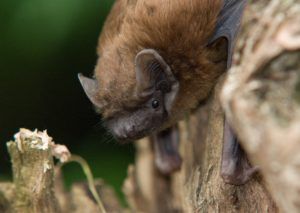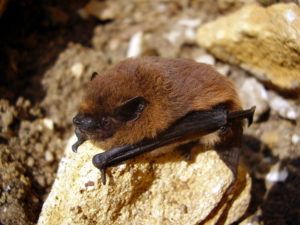Bat Appeal
Make your donation What’s the problem?
What’s the problem?
Bats make up nearly a fifth of our UK mammal species, but many are rare and under threat. Woodland bats in particular, like barbastelles, are suffering from the loss of old woodlands and ancient trees and they also find it hard to colonise new areas. So how is coppicing, an important woodland management technique that hugely benefits lots of species, especially dormice, affecting bats?
Little is known about how woodland bats are affected by traditional coppicing. We need to find out so we can advise foresters on how to manage sites more sensitively for bats.
What are we doing about it?

Using static bat detectors, we’re going to monitor various bats across two woodlands; one that is actively being coppiced, the other about to be coppiced after decades of being unmanaged. The bat locators will track how many bats there are and what species are present. We’ll learn how the different bats react to traditional coppicing; whether those bats that like denser habitat are negatively affected and which species thrive in a more open woodland. If we find that woodland coppicing alters the activity and diversity of bats we’ll be able to inform future woodland management plans.

